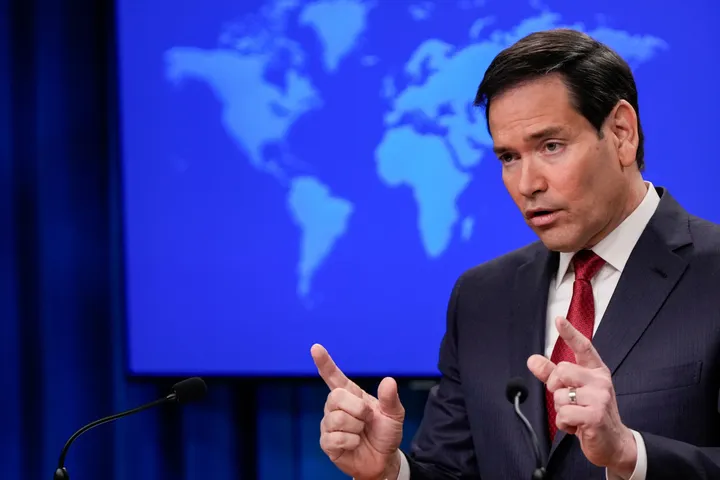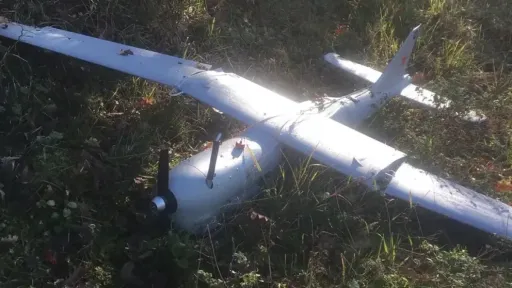The World Health Organization's top director in the Western Pacific, Dr Takeshi Kasai, has been indefinitely removed from his post, according to internal correspondence obtained by The Associated Press.
Kasai’s removal comes months after an AP investigation revealed that dozens of staffers accused him of racist, abusive and unethical behaviour that undermined the UN agency’s efforts to stop the coronavirus pandemic in Asia.
WHO Director-General Tedros Adhanom Ghebreyesus told staff in the Western Pacific in an email on Friday that Kasai was "on leave" without elaborating further.
Tedros said Deputy Director-General, Dr Zsuzsanna Jakab, would be arriving Tuesday in Manila, WHO’s regional headquarters, to "ensure business continuity."
Two senior WHO officials who asked not to be identified because they were not authorised to speak to the press, said Kasai had been put on extended administrative leave after internal investigators substantiated some of the misconduct complaints.
READ MORE:Negligent WHO staff blamed for sexual abuse in DRC
'Toxic atmosphere'
In a statement, WHO said it was unknown how long Kasai would be away. The UN health agency said the investigation into him was continuing and that it was believed to be the first time a regional director had been relieved of their duties.
Kasai did not respond to requests for comment but previously denied he used racist language or acted unprofessionally.
In January, the AP reported that more than 30 unidentified staffers sent a confidential complaint to senior WHO leadership and members of the organisation's Executive Board, alleging that Kasai had created a "toxic atmosphere" in WHO’s offices across the Western Pacific.
Documents and recordings showed Kasai made racist remarks to his staff and blamed the rise of Covid-19 in some Pacific countries on their "lack of capacity due to their inferior culture, race and socioeconomics level."
Several WHO staffers working under Kasai said he improperly shared sensitive coronavirus vaccine information to help Japan, his home country, score political points with its donations.
READ MORE:WHO reports over 20 percent decline in monkeypox cases globally
Internal probe
Days after the AP report, WHO chief Tedros announced that an internal probe into Kasai had begun. Several months later, however, WHO staffers alleged that Kasai was manipulating the investigation.
In a letter sent to the UN agency’s top governing body in April, the Executive Board, the staffers wrote that Kasai had ordered senior managers to destroy any incriminating documents and instructed IT staff “to monitor emails of all the staff members.”
Kasai is a Japanese doctor who began his career in his country’s public health system before moving to WHO, where he has worked for more than 15 years.
The removal of a regional director at WHO, even temporarily, is "unprecedented," according to Lawrence Gostin, director of the WHO Collaborating Center on Public Health Law and Human Rights at Georgetown University.
"There have been a lot of bad regional directors at WHO, but I’ve never heard of action like this," Gostin said.
Any withdrawal of support from Japan for Kasai could hasten his dismissal. A Japanese government official who spoke on condition of anonymity said they hoped WHO had conducted a fair investigation.
WHO’s own staff association urged Tedros to take action against Kasai at a meeting in June, saying that failing to do so “would be a tragic mistake,” according to a memo from the private briefing.
“If swift action is not taken ... the results may be regarded as questionable at best, fixed and farcical at worst,” the staffers warned Tedros. “If (Kasai’s) wrongdoing is proven, the assumption will be that many other items were swept aside to save face.”
READ MORE: WHO: Scientists researching if mutations are driving monkeypox spread
READ MORE:WHO members agree accord on future pandemics should be legally binding
























